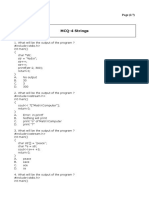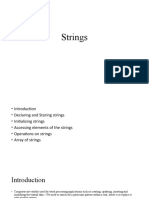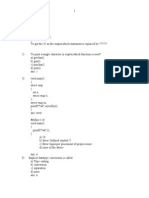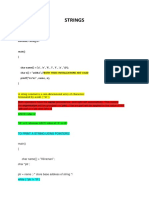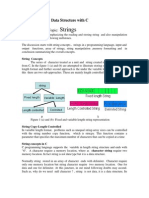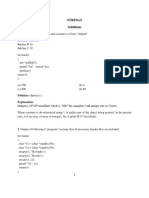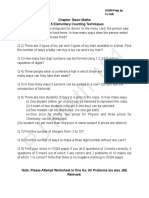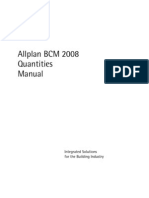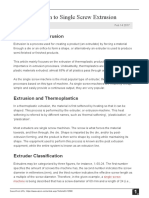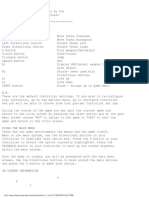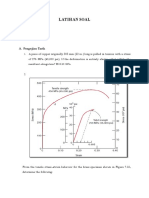0% found this document useful (0 votes)
24 views6 pagesInfosys - C Strings & Pointers - MCQs
The document contains multiple-choice questions (MCQs) focused on C strings and pointers, testing knowledge on string manipulation, pointer arithmetic, and memory allocation. Each question provides four answer options, with some questions addressing common misconceptions about string handling in C. The content is designed for individuals familiar with C programming concepts.
Uploaded by
Jack SparrowCopyright
© © All Rights Reserved
We take content rights seriously. If you suspect this is your content, claim it here.
Available Formats
Download as PDF, TXT or read online on Scribd
0% found this document useful (0 votes)
24 views6 pagesInfosys - C Strings & Pointers - MCQs
The document contains multiple-choice questions (MCQs) focused on C strings and pointers, testing knowledge on string manipulation, pointer arithmetic, and memory allocation. Each question provides four answer options, with some questions addressing common misconceptions about string handling in C. The content is designed for individuals familiar with C programming concepts.
Uploaded by
Jack SparrowCopyright
© © All Rights Reserved
We take content rights seriously. If you suspect this is your content, claim it here.
Available Formats
Download as PDF, TXT or read online on Scribd
/ 6






















